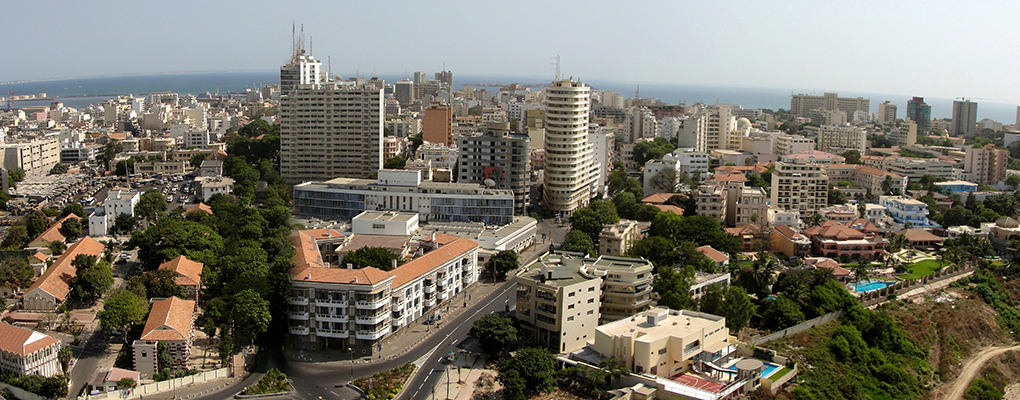
West Africa’s press on Tuesday highlighted a region in flux, with economic milestones, social reforms, and crises making headlines from Nigeria to Mali.
In Nigeria, Premium Times reports a seismic economic shift as the real estate sector surpasses crude oil to become the country’s third-largest contributor to GDP. Data from the National Bureau of Statistics (NBS) shows real estate’s contribution rose from 22 trillion naira (6.24%) to 41.2 trillion naira (10.78%) in rebased 2024 figures, trailing only crop production and trading.
The NBS attributes this surge partly to “better coverage of the informal real estate sector.” Meanwhile, The Punch details growing tensions over Nigeria’s new electricity law. As states prepare to cut tariffs, power companies are pushing back. The Enugu Electricity Regulatory Commission has ordered MaPower Electricity Distribution Limited to reduce Band A tariffs from 209 naira to 160 naira per kilowatt-hour, effective August 1.
In Liberia, The Liberian Observer reveals that the country’s telecom regulator is seeking to “break the MTN-Orange duopoly” by allowing a third operator into the market. “If these two companies decide to charge 75 cents per minute, and we have no other options, consumers will have no choice but to pay,” warned LTA Vice President Clarence Massaquoi before the Senate. The AfDB is also launching a $17.8 million youth investment bank in Monrovia on Tuesday, projected to back over 150 youth-led enterprises and potentially unlock more than $500 million in future loans.
In Senegal, Le Soleil reports an “exceptional recruitment” drive to hire 500 new teachers for public universities, marking the first stage of a broader plan to bring 1,500 educators into higher education. Meanwhile, Le Quotidien says Prime Minister Ousmane Sonko is set to unveil his National Recovery Plan on July 28, a strategy some view as a precursor to austerity measures aimed at stabilizing the economy.
Across the region, crises and reforms continue to dominate. Guinea News reports the tragic disappearance of a four-year-old child in Coyah after flash floods hit Kaléma in Fily overnight, while in Côte d’Ivoire, Prime Minister Beugré Mambé has introduced a standardized electronic invoice to combat tax fraud and bolster state revenue.
In Ghana, Graphic highlights revelations by Defense Minister Edward Omane Boamah of $32.64 million (3.79 billion cedis) in hidden debts inherited from the previous government, alongside a housing crisis affecting 17,000 citizens.
Finally, in Mali, L’Essor profiles Cheick Oumar Doumbia, known as Lezy Booza, a former activist rapper turned magistrate, who says, “From activist pen to judge’s gavel, the road was long, hard and without shortcuts,” pledging to continue his pursuit of justice through the law.



